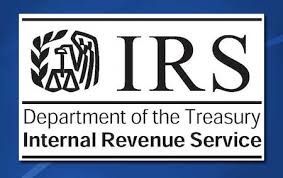 Did you know you can save taxes when you rent to relatives?
Did you know you can save taxes when you rent to relatives?
Want renters you know, trust, like and just happen to be related? No problem. In fact, it is actually a pretty good idea.
According to the Bradford Tax Institute, renting is still a business agreement – even if your tenant is your college-age child or your retired in-laws. As with every business agreement, this rental requires a clear understanding of what is and isn’t permitted by law. So set down the ground rules, then you can relax.
The Core to a Safe Rental Strategy
Here’s a good tip to remember when renting to relatives (it will help you escape the rental triple whammy): Charge a well-documented and market-supported fair rent to your relatives.
That way, your rental property will not get misconstrued as a second home.
Here are a few ways to prove the rent you charge is fair:
- Print listings for similar rentals in the same neighborhood from craigslist.com
- Cut out comparable rental ads from local newspaper want ads
- Get letters from property managers
- Obtain an independent appraisal
To recap: Be sure to charge your relatives fair rent. Keep your relationship in good standing and your tax deductions on solid ground
Source: Tax Reduction Letter.

 Questions and Answers: 2013 Changes to the Itemized Deduction for Medical Expenses
Questions and Answers: 2013 Changes to the Itemized Deduction for Medical Expenses Mid Year Tax Questions You Need To Ask Yourself
Mid Year Tax Questions You Need To Ask Yourself